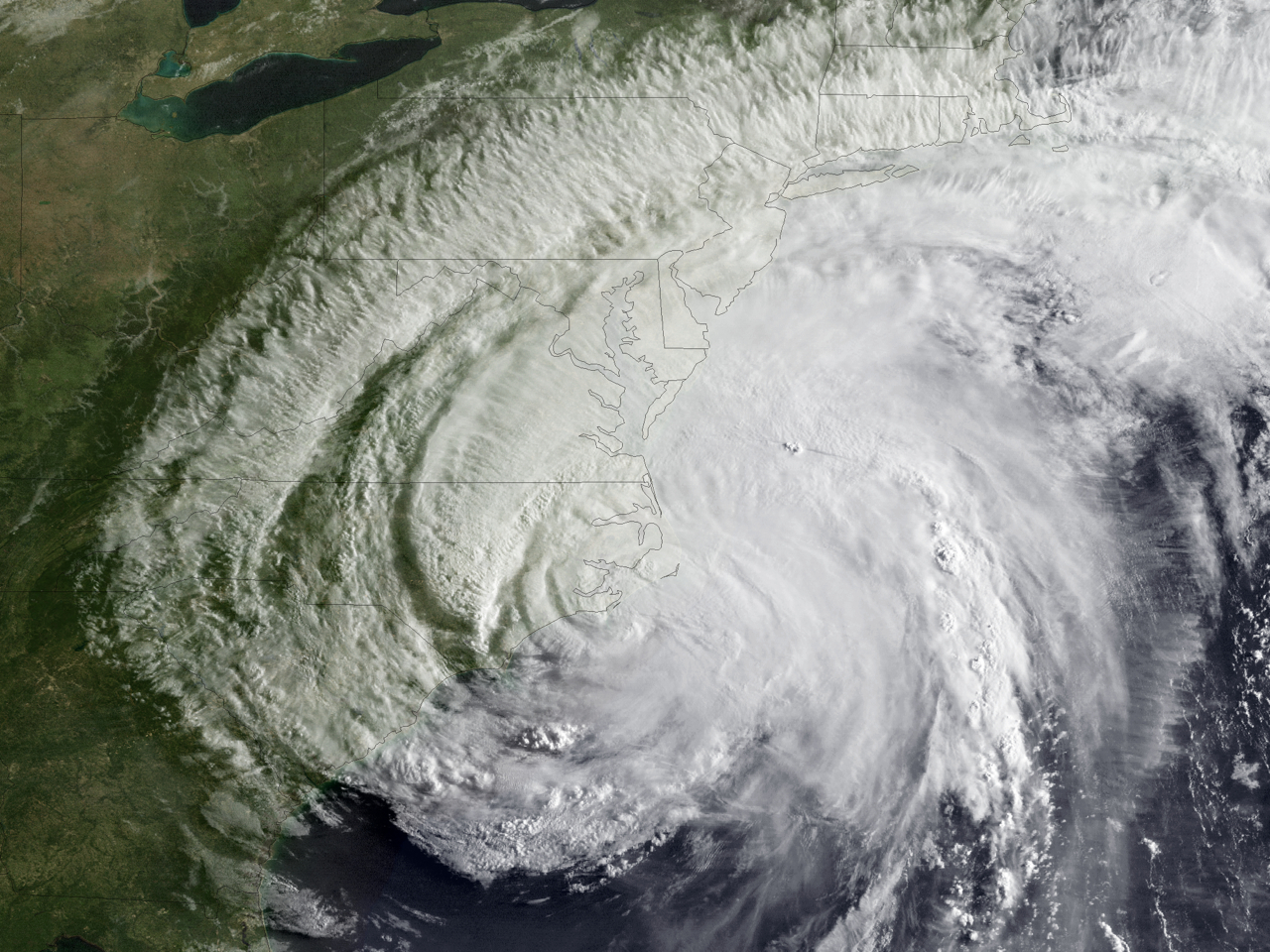
For the entire six-month season, which begins June 1, NOAA’s Climate Prediction Center said there’s a 70 percent chance of nine to 15 named storms – that is, storms with top winds of 39 mph or higher.
Of those storms, the center predicted four to eight will strengthen to a hurricane, with top winds of 74 mph or higher, and of those one to three will become major hurricanes, with top winds of 111 mph or higher, ranking Category 3, 4 or 5.
Based on the period 1981-2010, an average season produces 12 named storms with six hurricanes, including three major hurricanes.
“NOAA’s outlook predicts a less active season compared to recent years,” said NOAA administrator Jane Lubchenco. “But regardless of the outlook, it’s vital for anyone living or vacationing in hurricane-prone locations to be prepared. We have a stark reminder this year with the 20th anniversary of Hurricane Andrew.”
Andrew, the Category 5 hurricane that devastated South Florida on Aug. 24, 1992, was the first storm in a late-starting season that produced only six named storms, and the only one to strike the mainland that year. But it did strike hard, doing more than $26 billion in damage.
Wednesday’s NOAA report predicted a slightly more active season than the outlook issued two months ago by Colorado State University professors William Gray and Phil Klotzbach, who prepare an early report each year based on historical records of meteorological data as well as current readings. Their report called for only 10 named storms during the hurricane season, due to a cooling of the tropical Atlantic and the potential development of El Niño conditions.
NOAA’s report suggested two factors favor storm development in 2012: the continuation of the overall conditions associated with the Atlantic high-activity era that began in 1995, and near-average sea surface temperatures across much of the tropical Atlantic Ocean and Caribbean Sea, known as the Main Development Region. Two factors now in place that can limit storm development, if they persist, are strong wind shear, which is hostile to hurricane formation in the Main Development Region, and cooler sea surface temperatures in the far eastern Atlantic.
The NOAA report does not rule out influence from El Niño, if it develops by late summer to early fall.
“In that case, conditions could be less conducive for hurricane formation and intensification during the peak months (August-October) of the season, possibly shifting the activity toward the lower end of the predicted range,” said Gerry Bell, lead seasonal hurricane forecaster at NOAA’s Climate Prediction Center.
While NOAA’s ability to monitor and predict hurricanes has improved remarkably in the 20 years since Andrew, much remains to be done, Lubchenco said.
“More work remains to unlock the secrets of hurricanes, especially in the area of rapid intensification and weakening of storms,” she said. “We’re stepping up to meet this challenge through our Hurricane Forecast Improvement Project, which has already demonstrated exciting early progress toward improving storm intensity forecasts."
NOAA’s seasonal outlook does not predict how many storms will hit land, the agency noted. Forecasts for individual storms and their impacts are provided by NOAA’s National Hurricane Center.
The report was issued at the opening of a national conference on hurricane preparedness. Speaking at the conference’s opening, NOAA Research Director Robert Detrick reminded listeners not to be lulled into a false sense of security by a reassuring prediction.
“This isn’t about numbers and percentages. It’s really about preparedness,” he said.
Tim Manning, FEMA’s deputy administrator for protection and national preparedness, said families should have their hurricane plans and preparations well under way, and said there are plenty of tools to help.
“Every hurricane season we ask families, communities and businesses to ensure they are prepared and visit www.ready.gov/hurricanes,” Manning said. “Being prepared includes developing a family emergency plan, putting an emergency kit together or updating your existing kit, keeping important papers and valuables in a safe place, and getting involved to ensure your community is ready.”
NOAA will issue an updated seasonal outlook for the Atlantic hurricane season in early August, just prior to the historical peak of the season.
The Virgin Islands Territorial Emergency Management Agency will hold a series of expositions through Sunday to help residents prepare. The expo brings together local and federal government agencies, voluntary organizations and businesses that will provide the community with information on how to prepare for and recover from disaster.
Participating agencies include the Federal Emergency Management Agency, the V.I. National Guard, the U.S. Small Business Administration, the American Red Cross, Innovative and a host of local government agencies. The theme is “Preparing Together,” reflecting a whole-community approach to emergency management.
The schedule for the expositions is:
– Friday: 4 to 9 p.m. in Emancipation Garden, St. Thomas.
– Saturday: 2 to 5 p.m. on Water Island.
– Sunday: 1 to 5 p.m. at Christiansted National Park, St. Croix.
More information on hurricane season preparation can be found online at www.ready.gov.





